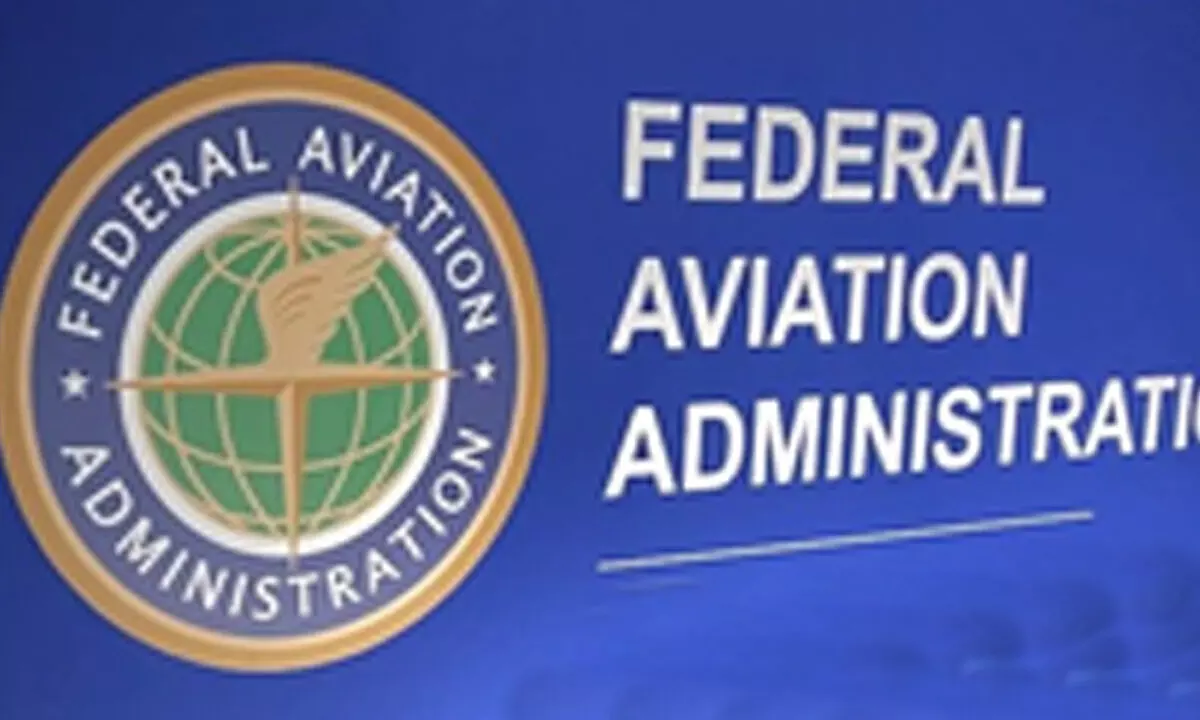Live
- CM Revanth Reddy Urges Tollywood to Collaborate on Social Issues
- Karnataka BJP Protests Congress Over Alleged Misuse Of Public Funds
- Thousands Pay Tribute to Lance Havaldar Anoop Poojary in Udupi
- People should take advantage of Pradhan Mantri Surya Ghar: Muft Bijli Yojana: PM
- Tata Group to create 5 lakh manufacturing jobs over next half decade: N. Chandrasekaran
- Hansika’s charm remains undeniable
- Housing Sales Decline 4% in 2024, but Sales Value Rises 16% in India’s Top Cities: ANAROCK
- VHP to launch campaign from Jan 5 to free temples from govt control
- Israeli far-right minister visits flashpoint Jerusalem holy site, sparking criticism
- Keralites gulp down liquor worth Rs 152 crore over Christmas period








